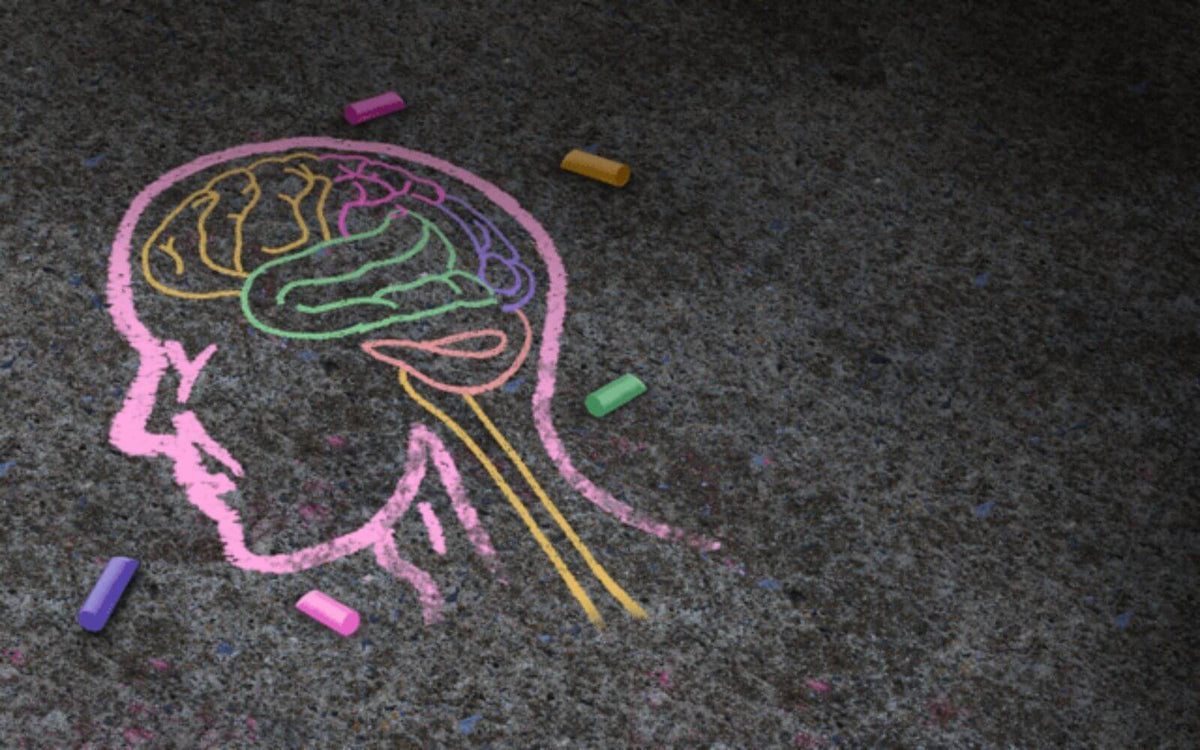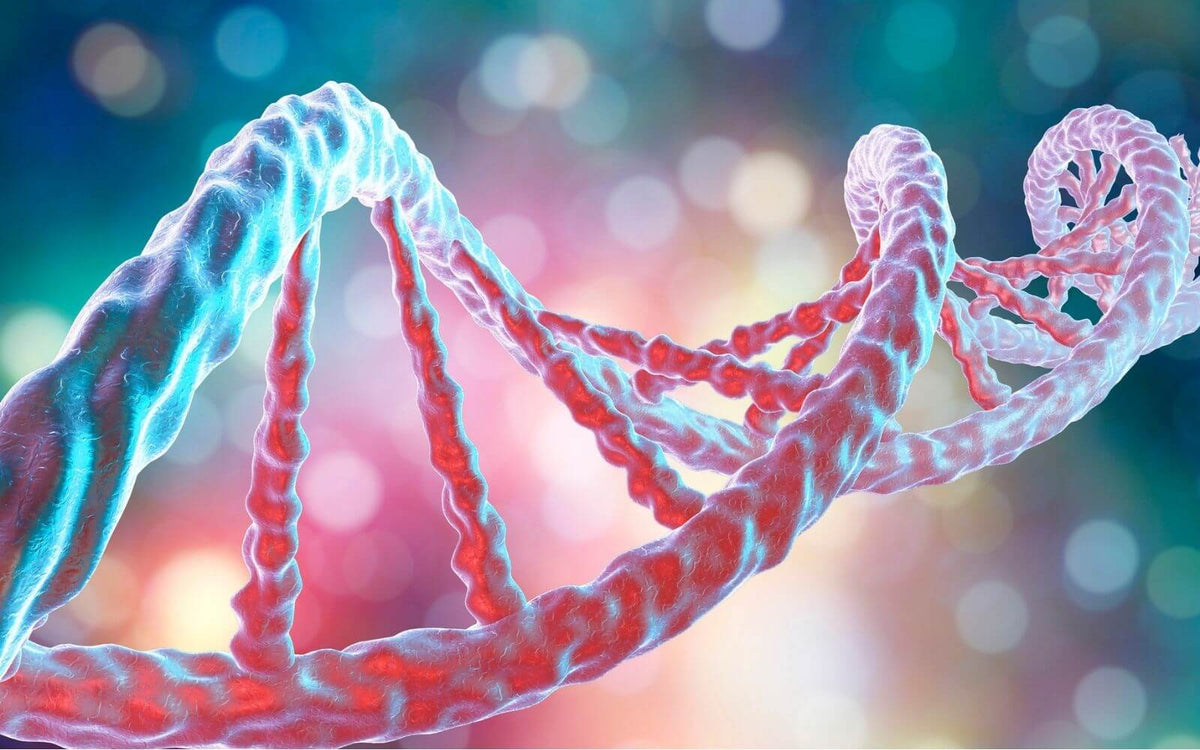Spectrum + Ingredients Overview

Spectrum + Ingredients Overview
Spectrum + is an advanced formulation created by doctors & scientists using only the highest quality ingredients, packed in an FDA registered and cGMP facility designed to provide and support the nutrition shown to be deficient in children with autism. Studies have shown that the combination of natural ingredients present in Spectrum + help in neurological development and DNA repair. The ingredients are potent anti-inflammatory and antioxidants which help reduce inflammation linked to autism and are safe for all types of diets and sensitivities. In addition, Fitore Spectrum + contains:
• No preservatives
• No dairy
• No artificial flavors
• No nuts
• No GMOs
In this 3-minute article we are going to go over the natural ingredients present in Spectrum + and the incredible benefits these key nutrients offer.
Curcumin
Curcumin is a bright orange chemical produced by curcuma long plants which are extensively cultivated in the tropical and subtropical regions of Southeast Asia including China, India, and Indonesia. Curcumin has extremely powerful antioxidant and anti-inflammatory effects. Research has shown that curcumin activates certain proteins, including sirloins and AMP-activated protein kinase (AMPk), which can delay cellular senescence and promote longevity.
Cellular senescence refers to, "a state of stable cell cycle arrest in which proliferating cells become resistant to growth—promoting stimuli, typically in response to DNA damage." Studies show that curcumim can restore the core and associated symptoms of autistic phenotype by suppressing oxidative-nitrosative stress, mitochondrial dysfunction, TNF-α and MMP-9 in PPA-induced autistic children.
Dr. Martha Herbert, a neurology professor at Harvard Medical School has researched thousands of children with autism spectrum disorders. She argues that autism is not a handicap, and ASD patients can experience improvement if given the right nutrition and environment. She states, “Science is telling us autism is not a fixed life sentence because people improve—sometimes a little bit, and sometimes a lot, and sometimes they even stay improved."
For example, one antioxidant that seems to be lower in children with ASD and ADHD is glutathione (which is also a key ingredient in Spectrum +). As a result, several biochemical problems exist for children with ASD, one being an inability to detoxify toxins such as lead and mercury. These toxins adversely affect chemicals in the brain that support attention and focusing. Curcumin assists in increasing glutathione levels leading to an improved ability to eliminate toxins from the body.
Quercetin
Quercetin is a natural plant pigment and is one of the most abundant antioxidants in the human diet and plays a vital role in helping your body combat free radical damage. Free radicals are unstable atoms that can damage cells, causing illness and premature aging. Quercetin is present in fruits, vegetables, and grains.
Increasing evidence indicates that brain inflammation is important in the pathogenesis of neuropsychiatric disorders, including at least a significant proportion of subjects with autism spectrum disorder (ASD). Natural flavonoids, such as quercetin, exhibit potent antioxidant and anti-inflammatory activities, inhibit the release of inflammatory mediators from human mast cells, and reduce maternal interleukin 6-induced autism-like behavioral deficits related to social interactions. In a study that included 37 children with ASD, those who took a dietary supplement containing quercetin for 4 months reported gains in eye contact, attention and social interaction according to parental reports.
Resveratrol
Resveratrol, like curcumin, is a polyphenol that acts like an antioxidant, helping protect the body against oxidative damage that can put you at a higher risk for cancer and heart disease. Resveratrol has gained in popularity for its reported anti-aging and disease fighting power. The top food sources of reseveratrol include red wine, grapes, and some berries.
Magnesium
Magnesium is the fourth most abundant mineral in the human body and plays a critical part in both the health of your body and brain. Studies show even if you have a near-perfect diet you still may not be getting enough of it. Just how important is magnesium and what exactly is magnesium used for? Well, every single cell in your body contains it and needs it to function. In fact, magnesium is involved in over 600 reactions in the human body including:
- Energy creation
- Protein formulation
- Gene maintenance
- Nervous system regulation: Magnesium regulates neurotransmitters that send messages throughout your brain and nervous system.
- Muscle movement
This key nutrient is often overlooked and is absolutely vital for healthy early neurological development, immune system function, and gene maintenance.
Glutathione
Glutathione is a substance produced naturally by the liver. It is also found in fruits, vegetables, and meats. Glutathione is involved in many processes in the body, including tissue building and repair, making chemicals and proteins needed in the body, and for the immune system to properly function. As we mentioned briefly in the curcumin section of this article, glutathione levels are shown to be lower in children with autism and as a result, several biochemical problems exist—one being an inability to detoxify toxins such as lead and mercury. These toxins adversely affect chemicals in the brain that support attention and focusing.
Piperine
Piperine is a major alkaloid (class of basic, naturally occurring compounds that contain at least one nitrogen atom) found in black pepper and is widely used for its purported anti-inflammatory, antioxidant, and anti-tumor properties. Piperine has been shown to protect against oxidative damage by inhibiting free radicals (atoms or molecules that are unstable with other cellular structures because they contain unpaired electrons) and reactive oxygen species. Interestingly, piperine can also increase the absorption of curcumin by up to 2,000%.
Vitamin C
Vitamin C is an essential vitamin, meaning your body can’t produce it and must be obtained through diet. Vitamin C has many roles and has been linked to impressive health benefits. It’s water-soluble and is found in many fruits and vegetables, including oranges, strawberries, kiwi fruit, bell peppers, broccoli, kale, and spinach. Vitamin C is a powerful antioxidant that can strengthen your body’s natural defenses. Antioxidants are molecules that boost the immune system. They do so by protecting cells from harmful molecules called free radicals which are unstable atoms that can bring damage and harm to the body. When free radicals accumulate, they can promote a state known as oxidative stress, which has been linked to many chronic diseases and is often associated with ASD.
Zinc
Zinc is a nutrient that plays many vital roles in your body. Because your body doesn’t naturally produce zinc, you must obtain it through food or supplements much like vitamin C. Zinc is required for numerous processes in your body, including:
• Gene expression
• Enzymatic reactions
• Immune function
• Protein synthesis
• DNA synthesis
• Wound healing
• Growth and development
Zinc supplementation has been shown through various scientific studies to improve symptoms of autism spectrum disorder (social impairment and stereotyped activity) and also displayed beneficial effects in other behavioral abnormalities such as hyperactivity, anxiety, and cognitive function.
Selenium
Though you may have never heard of selenium, this amazing nutrient is vital to your health. Selenium is an essential mineral like zinc and vitamin C, meaning it must be obtained through diet. Selenium acts as a powerful antioxidant and can help reduce inflammation throughout the entire body. In addition, selenium can help prevent mental decline and significantly boost immune system function.
Spectrum + Supplement
Spectrum + provides a complete supplement with vitamins and minerals in their most bioavailable forms. You can shop Spectrum + here.

Leave a comment
Comments will be approved before showing up.
Also in Understanding Autism

How To Diagnose Autism In Adults

What Are The Signs of Autism In Adults?











